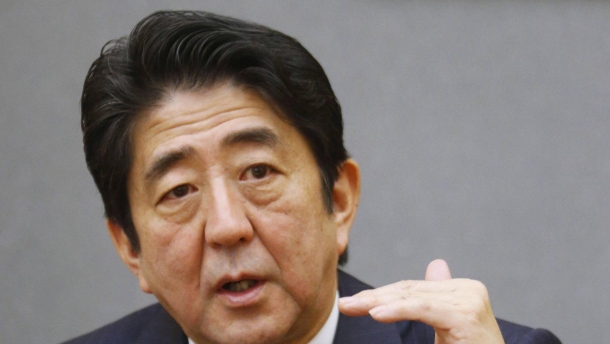by JAMES S. KIM | @james_s_kim
editor@charactermedia.com
Japanese Prime Minister Shinzo Abe will speak before a joint meeting of the U.S. Congress on April 29, reports Yonhap News Agency. House Speaker John Boehner officially announced the invitation on Thursday.
“As the United States continues to strengthen our ties with Japan, we look forward to welcoming Prime Minister Abe to the United States Capitol. His address will provide an opportunity for the American people to hear from one of our closest allies about ways we can expand our cooperation on economic and security priorities,” Boehner said in a statement.
“That, of course, includes working together to open markets and encourage more economic growth through free trade,” he added. “Prime Minister Abe will become the first Japanese leader to address a joint meeting of the United States Congress, and we are proud to host this historic event.”
Abe was poised to make a trip to the United States this spring in late April to early March before the 70th anniversary of the end of World War II in August. He is expected to meet with President Barack Obama over discussions on security and trade agreements. His speech before Congress is expected to mark the partnership the two countries have enjoyed and the peaceful path Japan has taken since the end of the war.
There is intense speculation in Tokyo and other Asian countries about how he will mark the anniversary. Abe has stirred fierce controversy over signs that his government was looking to reexamine and revise previous statements and apologies from former Japanese leaders.
In response to speculation over Abe’s visit, a number of Korean American activists and U.S. veterans groups called on Abe earlier this month to issue a clear apology for Japan’s war crimes, including sexual slavery, committed during World War II. U.S. Rep. Mike Honda (D-CA) also added that “nothing less than” a clear apology would be enough for Abe to be a global leader in women’s rights, as the prime minister said in a speech at the United Nations last year.
___







